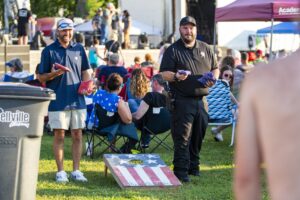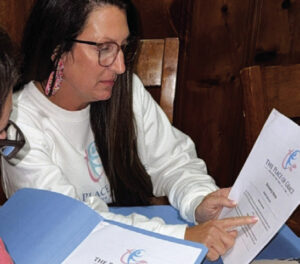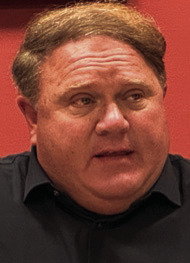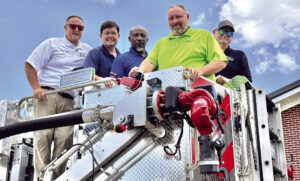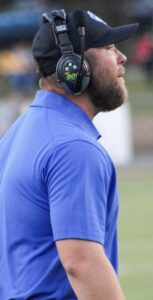Inouye: Hope, hospitality in Mississippi
By Staff
Oct. 31, 2001
CAMP SHELBY Since his death 12 years ago this month, I've carried my dad's World War II "dog tags" in my pocket. I carry them as prayer, as talisman and as a tangible testament to his quiet dignity and courage and that of the soldiers of his generation who bought our freedoms.
Dad was inducted into the U.S. Army at Camp Shelby as a young private in 1941 and discharged there as a sergeant in 1945. He came home from the war in Europe with a Bronze Star and dark dreams that tormented him the rest of his life the nightmares shared by men who see first-hand the havoc that bombs and bullets can wreak on the fragile bodies of men in combat.
Men like longtime Democratic U.S. Sen. Daniel Inouye of Hawaii.
When I met Inouye last Saturday at a reception prior to the dedication of the new Armed Forces Museum on grounds of this storied old military training camp, I was reminded that heroes come in all shapes, sizes and colors from every racial and ethnic background and from the least likely of people who find themselves in dire circumstances.
Pearl Harbor awakening
Born in Honolulu in 1924, Inouye was at 17 a high school student when the Japanese bombed Pearl Harbor on Dec. 7, 1941. Trained in first aid, he spent the week after the raid attending casualties.
Like many Japanese Americans, he petitioned the government to be allowed to prove his loyalty through military service after Pearl Harbor. But anti-Japanese sentiments prevailed until 1943, when he was allowed to enlist as part of the storied 442nd Regimental Combat Team which would become the most decorated U.S. Army regiment in World War II.
Inouye told the crowd at the museum dedication Saturday: "They said we were going to Mississippi. I said: Mississippi?' They lynch people in Mississippi!"
But he said his train pulled into Hattiesburg and was met by townswomen offering sandwiches, coffee and hot soup.
From a Hawaiian paradise with no pests, Inouye and his 442nd Regiment "Go For Broke!" comrades were introduced at Camp Shelby to "ticks, chiggers and snakes" in sweltering humidity.
The training was tough made tougher still by the resentment of some training officers with a decided anti-Japanese bias. Inouye and his compatriots had to prove their mettle by training harder, longer and stronger than their white counterparts and they did.
On a night's leave to Hattiesburg, Inouye said Saturday to a Mississippi crowd of over 1,200: "The first place I ever danced with a white woman was in
Hattiesburg, Mississippi. I do not know where that lady is today, but I wish to say to her thank you'."
Lessons learned at Shelby
The crowd roared in laughter. Inouye turned that laughter to tears when he recounted: "I learned in Mississippi that America is a good country. I learned that being an American is not a matter of color, but a matter of mind and heart."
Inouye would leave Camp Shelby for duty in Italy and France. On April 21, 1945, Inouye led an assault on a fortified hillside at Colle Muscatello, Italy. Three German machine gun nests opened up on his unit. He took out the three nests in the face of heavy enemy fire but not before that enemy fire cost him his right arm. He won the Congressional Medal of Honor.
As chairman of the Senate Appropriations defense subcommittee, few men in Congress exert more direct influence over the fortunes of defense spending in Mississippi than does this humble, intelligent Japanese American soldier who trained here 58 years ago. How ironic …
Fearing racism, he found hope and hospitality in Mississippi. How remarkable …
Sid Salter is Perspective Editor/Columnist of The Clarion-Ledger and a syndicated Mississippi political columnist. Call him at (601) 961-7084, write P.O. Box 40, Jackson, MS 39206, or e-mail ssalter@jackson.gannett.com.


